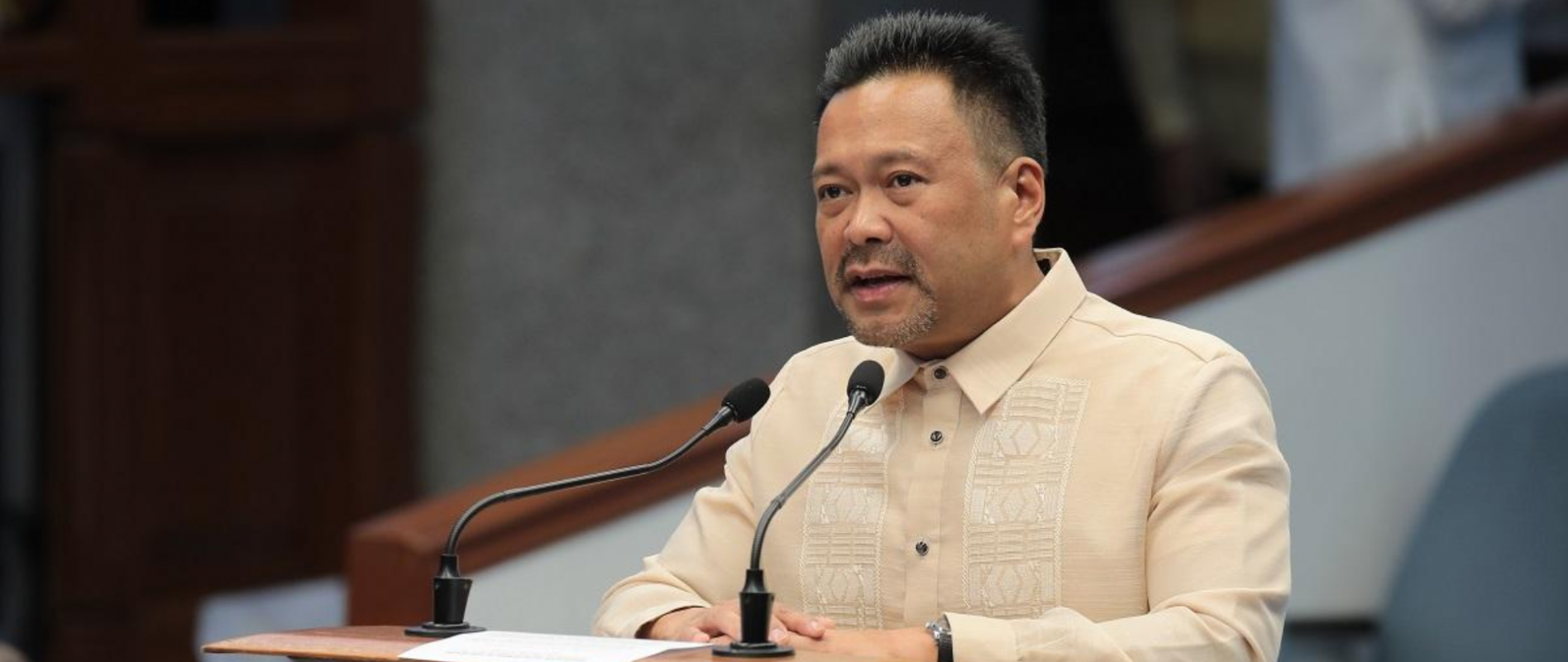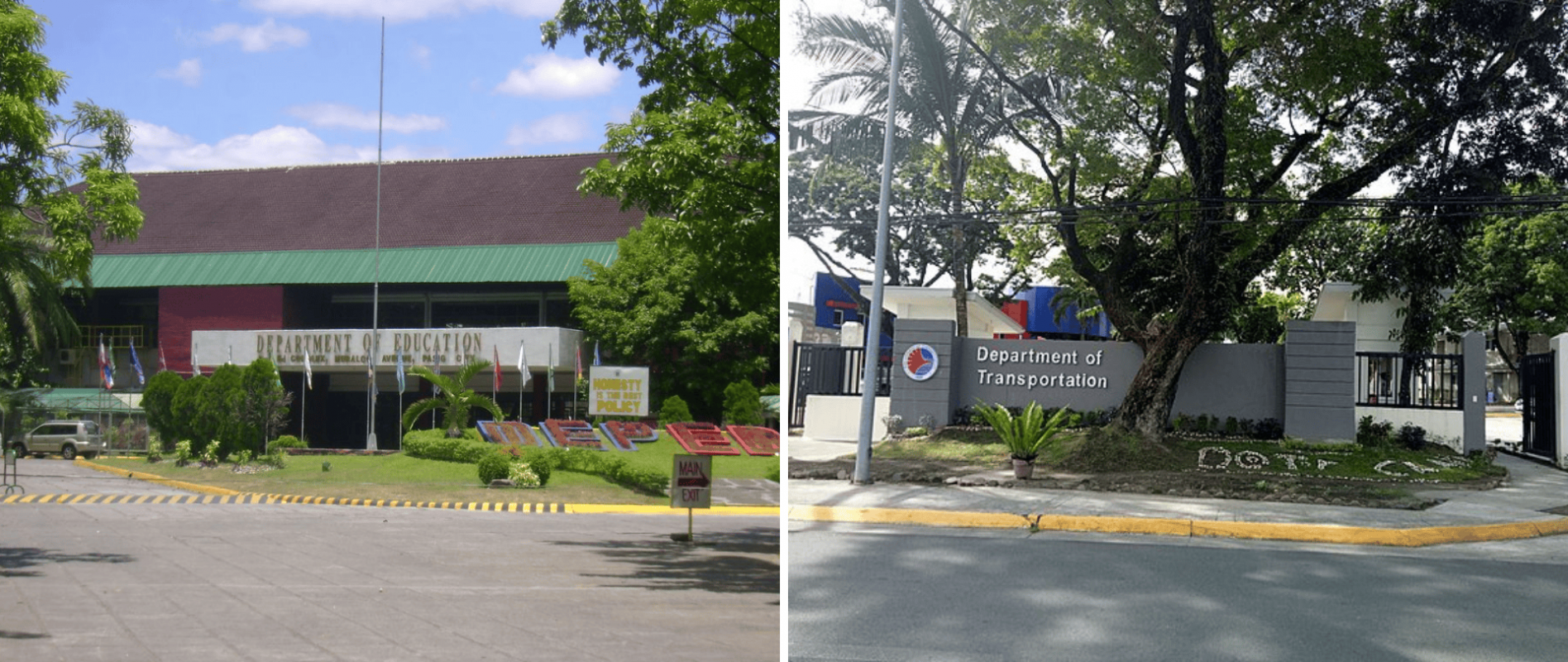UP DRIVERS DENOUNCE IMPENDING JEEPNEY PHASEOUT
THREE years after the launch of the jeepney modernization program, opposition to the plan to phase out old passenger jeepneys and replace them with bigger, air-conditioned units has not died down.
One of the groups that continues to reject the project is the University of the Philippines Transport Group, which denounced the modernization program as “nothing but a manifestation of greed and corruption that the Duterte administration has embodied and shown all throughout its governance.”
The pandemic has further mired PUJ drivers deeper into poverty, with many left without income for months.
After several months of lockdown measures, the government eased restrictions in June 2020 but majority of jeepney drivers were still left out since public transport was limited.
Some jeepney drivers were forced to beg in the streets to sustain their families.
Ferdinand Caligayan, a PUJ driver for almost two decades, carried cardboard signs around his neck to catch the attention and sympathy of motorists along C.P. Garcia Avenue.
 “Masaya na ako kapag may P150 maiuuwi sa panlilimos. Buti nga nakakahingi ako sa mga dumadaan sa highway. Kaya kahit nakakahiya, wala nang hiya-hiya. Kawawa ang mga anak ko,” Caligayan said.
“Masaya na ako kapag may P150 maiuuwi sa panlilimos. Buti nga nakakahingi ako sa mga dumadaan sa highway. Kaya kahit nakakahiya, wala nang hiya-hiya. Kawawa ang mga anak ko,” Caligayan said.
Caligayan also does odd jobs like selling scrap metal, painting or welding. But it is not enough to feed his family.
In October 2020, PUJ drivers plying routes in UP campus were allowed to resume operations.
UP IKOT Drivers and Operators Association Auditor Nelson Ramos said their vehicles had to undergo inspection and registration from the UP administration and the Land Transportation Franchising and Regulatory Board.
“Sa UP, bago ka bumiyahe kailangan ipainspeksiyon ‘yung jeep sa HQ para makita nila sa protocols kung maayos, kung nakarehistro. Ngayon, kung okay naman na ay papayagan ka nang bumiyahe,” Ramos said.
But UP PUJ drivers still struggled because there were too few passengers.
“Pinayagan nga kami bumiyahe pero nagbigay sila ng special permit sa mga bus na dumadaan sa Katipunan papuntang SM north. Marami silang nasasagasaang traditional na jeep. Ang Quezon City naman ay nagbigay ng libreng bus na dinadaanan ng aming mga linya. Saan kami kukuha ng kabuhayan kung ‘yun lang ang inaasahan namin,” Nollan Gullan, UP Transport Group spokesperson, said.
JEEPNEY PHASEOUT
On December 18, 2020, the LTFRB extended the deadline for the “Application for Consolidation pursuant to Industry Consolidation” of the PUV Modernization Program until March 31, 2021.
Under the guidelines, “PUV drivers shall undergo the mandatory continuing drivers’ education thru the Driver’s Academy and be on fixed salary and benefits with no compensation linked to ridership.”
“Jeepneys, in particular, shall serve routes with passenger demand of 1,000 passengers per hour per direction with routes linking neighborhoods and communities to mass transit lines and bus routes, but restricted in EDSA and other national highways; shall comply with body make requirements prescribed by the LTFRB including compliance with EURO IV emission standards or better; and shall include features such as a global navigation satellite system receiver, automatic fare collection systems, free Wi-Fi, CCTVs, speed limiters, and dashboard cameras, among others,” the LTFRB explained.
With the plan laid out in the guidelines, PUJs were given three years to transition. It was supposed to have lapsed in July 2020, but it was extended to December 31, 2020 because of the pandemic.
 “Consolidation, as one of the key components of the program, aims to put together the fragmented transport industry by encouraging single operators and drivers to come together as one legal entity,” LTFRB said.
“Consolidation, as one of the key components of the program, aims to put together the fragmented transport industry by encouraging single operators and drivers to come together as one legal entity,” LTFRB said.
“Some key direct and indirect benefits of operating under one entity include the following: access to credit facilities; spread of capital and operation and maintenance expenses; operational efficiency through organized dispatch of fleet; enhanced service quality of public transport for commuters, reduced on-street competition among drivers,” it added.
Part of the plan is do away with the boundary system, so that drivers would have a fixed salary.
As of October 2020, the LTFRB said 21,264 traditional PUJs owners have filed and complied with consolidation requirements as a prerequisite to joining the modernization program. Out of the total, only 934 are modern PUJs.
The LTFRB expects a “topline estimate” of 73,380 units to be retained as a result of route rationalization and upgrades.
“We are expecting that there are about 52,116 units who have yet to comply with the consolidation requirements for modernization,” LTFRB added.
NO TO JEEPNEY PHASEOUT
The Alliance of Concerned Transport Organization stressed that the drivers and operators have no problem with environmental concerns cited by the LTFRB.
However, for them, the current scheme appears to be a corporate capture that will adversely affect many Filipinos.
“Ang PUV modernization ay hindi mapupunta sa benefit ng ating mamamayan. Hindi mapupunta sa tsuper at operator. Hindi sa benefit ng mga pasahero. Dahil mapupunta ang traditional jeepney sa pagnenegosyo at hindi sa uri ng pagbabago ng transportasyon,” ACTO President Efren de Luna said.
Mondy Floranda, national president of transport group Pinagkaisang Samahan ng mga Tsuper at Opereytor Nationwide, said the government should focus on helping the drivers and operators survive the economic impact of the pandemic instead of pushing for the PUV modernization program.
“Ang layunin ng modernization program ay para tanggalan ng kabuhayan hindi lamang ang sektor ng mga driver at operator. Maraming umaasa sa mga jeep — nandiyan ang mga vulcanizing shop, karinderya, ‘yung mga nabubuhay sa lansangan para sa pampublikong transportasyon. Lahat ng iyan ay mawawalan ng kabuhayan kapag natuloy ang pag-phase out sa mga jeep,” he said.
Linyang UP Prantanco President Romy Pascual said that the only satisfactory solution is for PUJ drivers to be allowed back on the road.
 “Hindi po tayo nagpatinag sa Covid19 dahil kailangan natin ipagtanggol ang ating kabuhayan at karapatan bilang serbisyo sa mamamayan, bilang katulong sa pag-angat ng ating ekonomiya nakadapa sa panahon ng Covid19,” Pascual stressed.
“Hindi po tayo nagpatinag sa Covid19 dahil kailangan natin ipagtanggol ang ating kabuhayan at karapatan bilang serbisyo sa mamamayan, bilang katulong sa pag-angat ng ating ekonomiya nakadapa sa panahon ng Covid19,” Pascual stressed.
Several youth groups supported the calls to stop the jeepney phaseout.
League of Filipino Students UP-Diliman Clara Senga reiterated that students will stand with the PUJ drivers to fight “for their right to livelihood and to hold the administration accountable.”
“Kailangan magkapit-bisig ang mga sector sa patuloy na pasismo ng estado. Ang laban ng mga drayber ay laban din naming mga kabataan. Bilang mga kabataan, responsibilidad natin mamulat at magmulat ng mga tao tungkol sa kalagayan ng mga drayber na araw-araw na naghahatid sa atin papunta sa paaralan at kung saan man kailangan natin pumunta,” Senga said.
Engels Caballero, spokesperson of SIKHAY-Marikina, said the modernization program gravely harms ordinary drivers and commuters.
Caballero urged the youth to join calls for a public transport system that is “truly for all.”
“Kaya hamon sa hanay ng mga kabataan na laging pataasin ang diskurso. Lagi nating sapulin kung saan nag-uugat ‘yung mga pang-ekonomikal at panlipunang krisis dahil ang jeepney phaseout ay hindi lamang dahil sa LTFRB at kay Duterte. Ang jeepney phaseout ay nariyan dahil inaanak ito ng panlipunang nagsisilbi lamang sa iilan,” Caballero said.
Transport operators and drivers will conduct another protest action on February 1 in Quezon City to again air their opposition to the transport modernization program.














